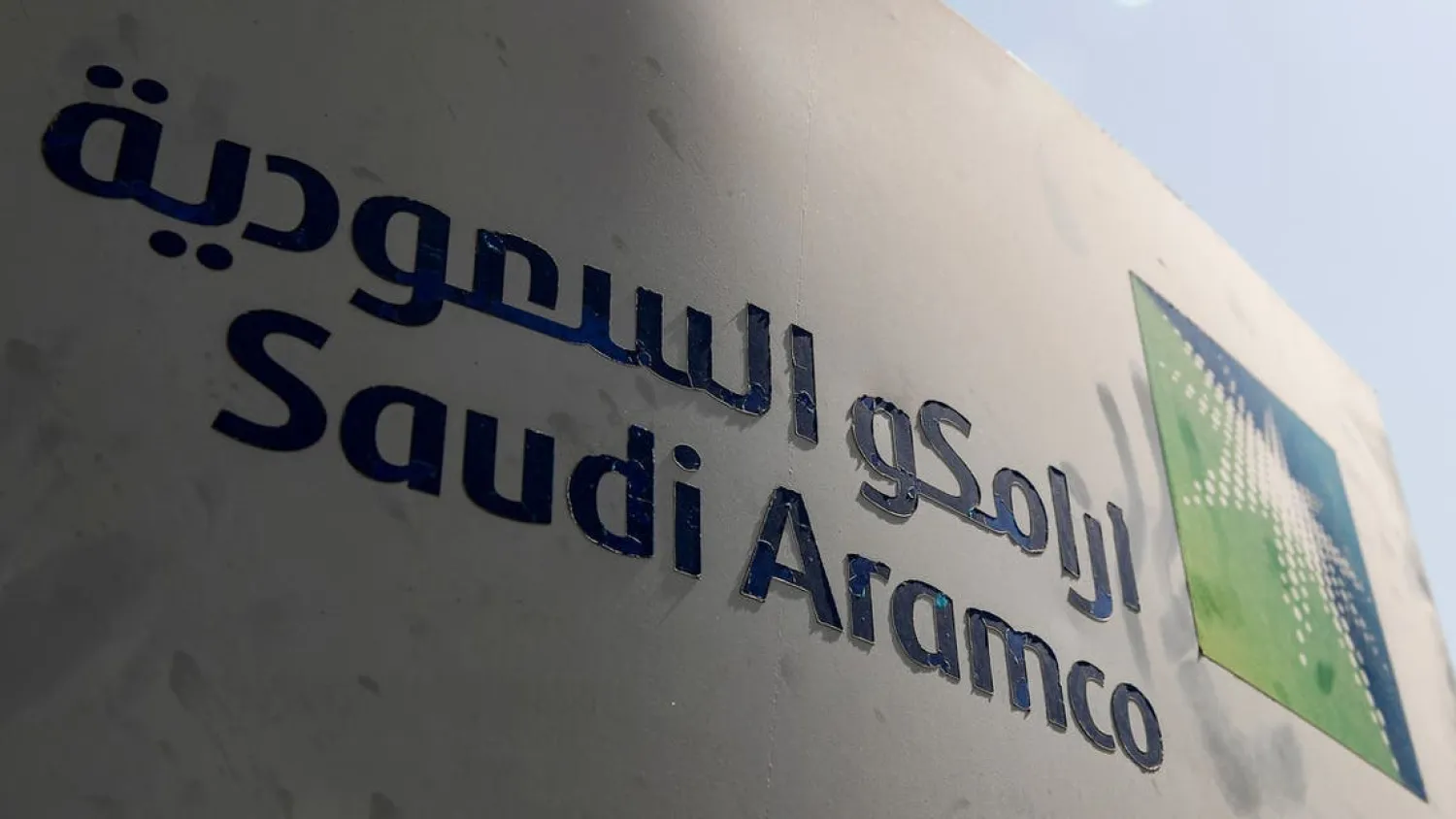Saudi Aramco inaugurated the first fiberglass rebar plant in the Kingdom, which is expected to localize the industry and reduce steel rebar consumption, as a sustainable new corrosion-free material that could help achieve carbon neutrality targets.
Aramco’s senior vice president of technical services, Ahmad al-Saadi inaugurated the plant following a deal signed in 2019 by New Zealand’s Pultron Composites and its partner Isam Khairy Kabbani Group (IKK).
According to a statement, the facility’s launch is part of Saudi Arabia’s efforts to attract and localize the rebar industry. It is also in line with the efforts to achieve Vision 2030.
Saadi explained that Aramco has been developing and deploying non-metallic solutions within its operations for more than 20 years, noting that the use of non-metallic, advanced polymer materials has significant potential in multiple sectors.
“Moreover, technologies such as GFRP rebar, which mitigate corrosion and minimize life cycle cost, have potential to be the real game-changers for the building and construction sector in particular.”
IKK Group chairman Hassan al-Kabbani said: “We are introducing a revolutionary new technology that will start to replace the iconic construction material that has been around for over a century now.”
Meanwhile, the Saudi Basic Industries Corporation (SABIC) signed an agreement for rail container transportation services with Saudi Railways (SAR).
The agreement was signed in the presence of the Minister of Transport and Logistics Services, Saleh al-Jasser, SABIC Chairman Khalid al-Dabbagh, and SAR CEO Bashar al-Malik.
SABIC CEO Yousef al-Benyan confirmed that the project is part of the company’s contribution to achieving Vision 2030 by providing safe, reliable, fast, and environmentally compatible transportation solutions to serve local industries.
Under the agreement, SAR will transport SABIC’s polymer products by rail from the logistics facility in the port to the delivery point of the port of Dammam, and the point of delivery of empty containers to the logistics facility in the port.
SABIC’s global supply chain is cooperating with SAR to maximize the benefit of this agreement, including the increase in the internal rate of return, cost savings, enhanced operational added value, and meeting sustainability requirements, including fuel savings by 70 percent which will reduce carbon dioxide emissions.









